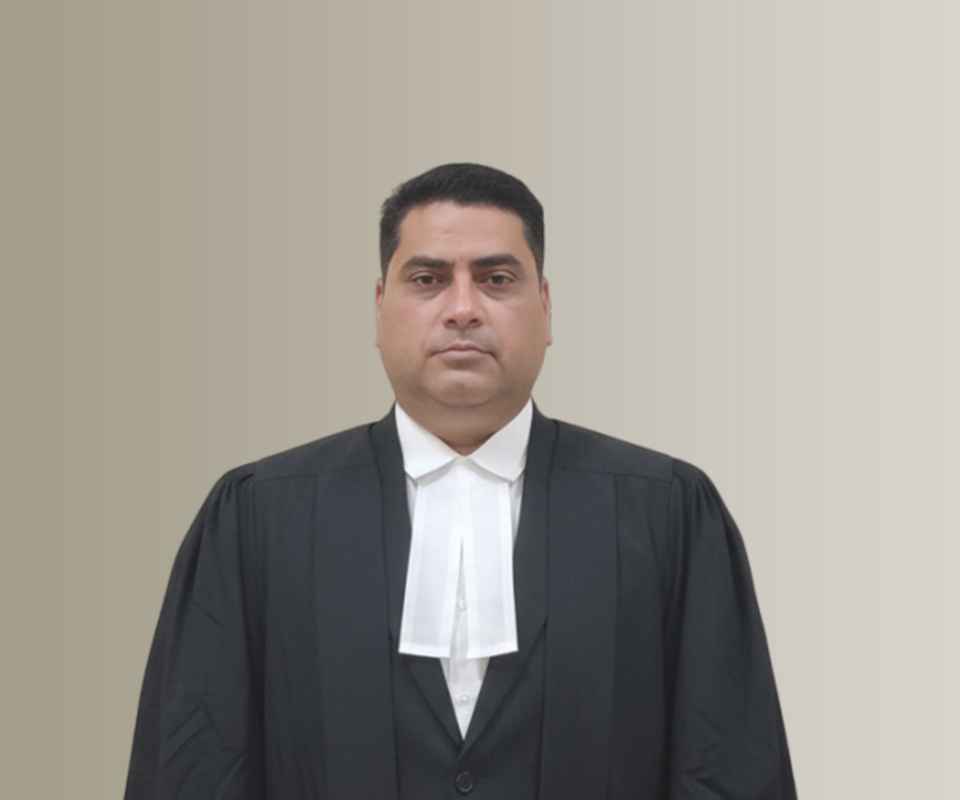Answer By law4u team
The Armed Forces Tribunal (AFT) plays a crucial role in the appeals process for decisions made by court martial. It serves as a specialized judicial body that provides service personnel with a forum to challenge verdicts and sentences imposed by military courts. The tribunal ensures that justice is served fairly and impartially, in accordance with military law.
Role of the Armed Forces Tribunal in Court Martial Appeals:
Judicial Review of Court Martial Decisions:
The Armed Forces Tribunal has the authority to review and hear appeals from decisions made by court martial. This includes evaluating both the legality and fairness of the court martial proceedings. The tribunal is empowered to intervene in cases where it believes the military court’s decision violates legal standards or constitutional rights.
Ensuring Fairness and Justice:
One of the primary roles of the AFT is to ensure that service personnel are treated fairly and that the principles of justice are upheld in military trials. If there are allegations of bias, procedural flaws, or illegal actions during the court martial, the AFT can scrutinize the process and rectify any injustice.
Legal Authority and Powers:
Under the Armed Forces Tribunal Act, 2007, the tribunal is vested with the power to confirm, modify, or set aside a court martial verdict. It has jurisdiction over appeals related to military justice issues, including court martial cases. The AFT can make binding decisions, which means its ruling has the force of law.
Types of Cases the AFT Handles:
The AFT reviews various aspects of a court martial case, such as:
- Appeals against convictions: The AFT examines the legality of convictions handed down by the court martial.
- Appeals against sentences: It may review whether the punishment is excessive or contrary to military law.
- Appeals on procedural grounds: The tribunal can review if any procedural errors occurred that compromised the fairness of the trial.
Acts as a Court of Last Resort:
The Armed Forces Tribunal acts as the final appellate body for military personnel seeking justice after a court martial decision. In cases where a party is dissatisfied with the verdict or sentencing of the military court, the AFT provides the last chance for judicial review before the matter is closed.
Scope of Tribunal’s Review:
The AFT is not a retrial court. It does not re-examine evidence or call new witnesses. Instead, its function is to assess whether the court martial decision was lawful, just, and in accordance with established military law. It can correct errors of law, procedure, or fact, but it does not re-judge the case itself.
Speedy and Specialized Justice:
The tribunal aims to deliver quick decisions, given the importance of resolving military disputes efficiently. Its specialized nature ensures that cases are handled by judges with expertise in military law, who understand the complexities of military service and the nature of court martial proceedings.
Constitutional and Legal Safeguards:
The Armed Forces Tribunal acts in accordance with the Indian Constitution and provides a constitutional safeguard for the rights of military personnel. It is an independent body that helps ensure that the principles of justice are maintained in the armed forces, even if the case involves highly sensitive military issues.
Example:
A soldier who has been convicted in a General Court Martial may file an appeal with the Armed Forces Tribunal if they believe there were procedural errors, such as improper selection of the court martial panel or violations of their right to a fair trial. The AFT will review the case and can either uphold, modify, or annul the court martial’s decision based on its findings.
Conclusion:
The Armed Forces Tribunal plays a critical role in ensuring that the decisions made by court martial are just, legal, and fair. It provides military personnel with an accessible and specialized forum to challenge court martial verdicts and ensures that military justice is administered in accordance with the principles of law and fairness. Its function as the final appellate authority in court martial cases strengthens the legal rights of service members while maintaining the integrity of military justice.







